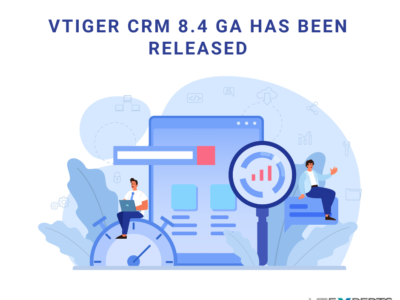Business buyers are subject to many influences when they make their buying decisions. Economy is one of the major influences in some marketers’ perception. They think buyers will favor the supplier who offers the lowest price rate or the best product or the most service. They focus on offering strong economic benefits to buyers. However, business buyers actually respond to both economic and personal factors.
Today, most B-to-B marketers recognize that emotions play a vital role in business buying decisions. For example, you might expect that an advertisement promoting large trucks to corporate fleet buyers would stress objective performance, technical, and economic factors. Though, an ad for Volvo heavy-duty trucks shows two drivers arm-wrestling and claims, “it solves all your fleet problems, except who gets to drive.”
There are many factors which actually influence on business buyers:
-
Environmental Factors
Business buyers are influenced heavily by factors in the current and expected economic environment, such as the level of primary demand, the economic outlook, and the cost of the money. When economic uncertainty rises, business buyers cut back their new investment and attempt to utilize their inventories. There are many other factors includes in environment factors, these are economic development, supply conditions, technological changes, political and regulatory developments, competitive development and culture and customs. These have impact on business market directly or indirectly.
-
Organizational Factors
All buying organizations have their own objectives, policies, procedures, structures, and systems. The business marketers must understand all these factors well because so many queries are connected to these factors. Like how many people are involved in buying decisions? Who they are? What are the evaluation criteria? What are the company’s policies and limitation for their buyers?
-
Interpersonal Factors
Usually buying center includes many participants, who influence each other. So, interpersonal factors also influence the business buying process. Though, it is quite difficult to assess such interpersonal factors and group dynamics. Managers do not wear labels that differentiate them as important or unimportant buying participants, and powerful influencers are often buried behind the scene. Interpersonal factors may include authority, status, empathy, and persuasiveness of participants in business buying process.
-
Individual Factors
Individual has a vital role in business buying process. Each participant in the business buying-decision process brings in personal motives, preferences, and perceptions. But these individual factors are affected by personal characteristics of each person, such as, age, education, income, professional identification, their job status, personality, and attitudes towards risk. All buyers have different buying style.
So these are all the factors that influence business buyers. Marketers have to keep all these factors in their mind while making marketing plans or products or services.






